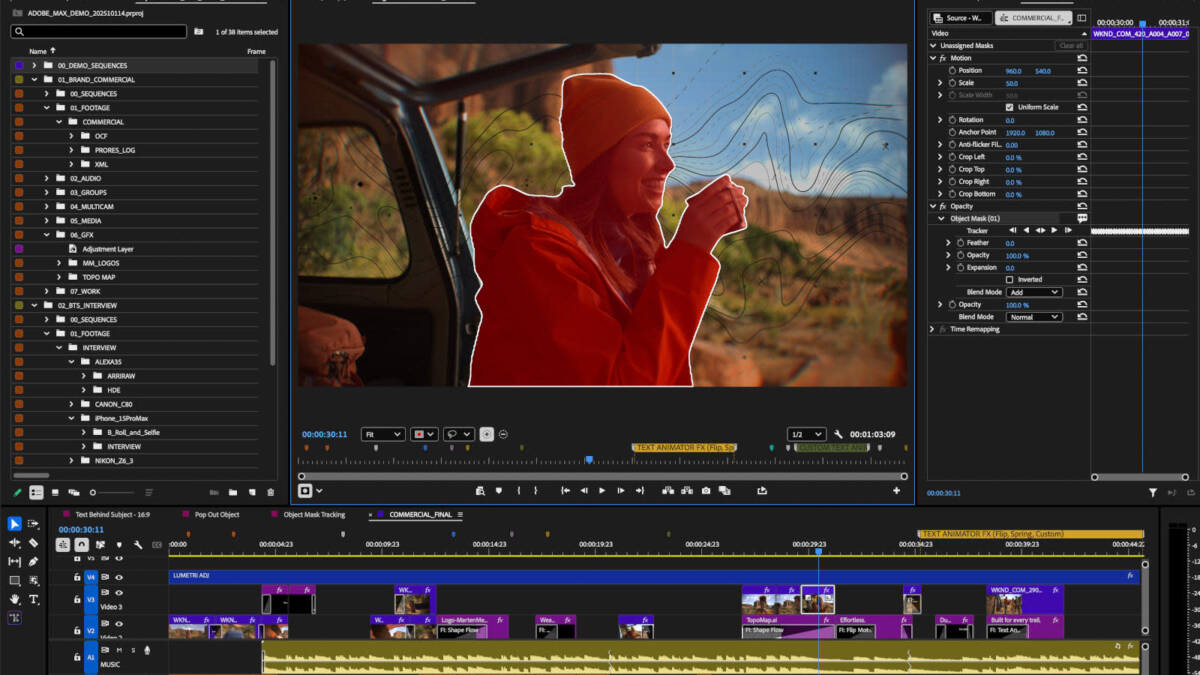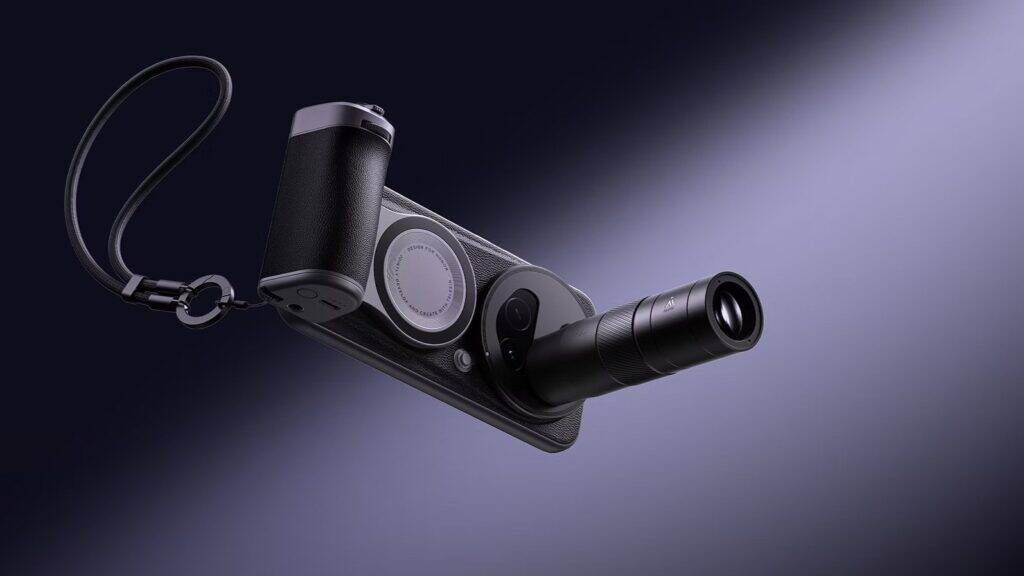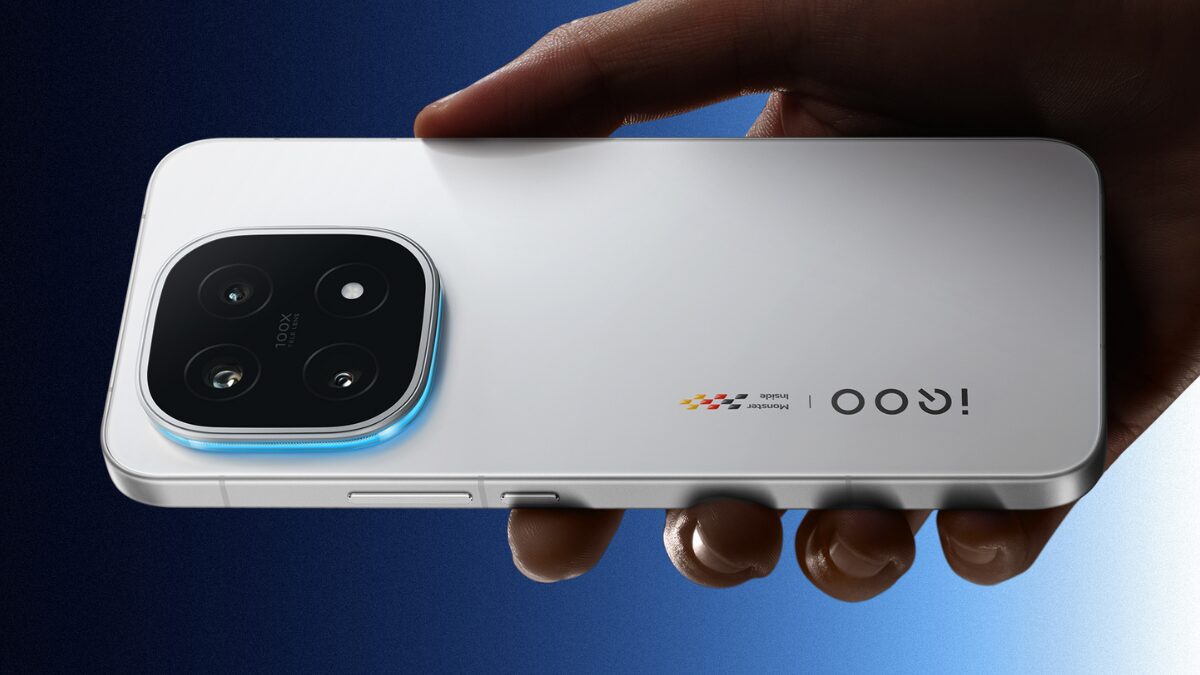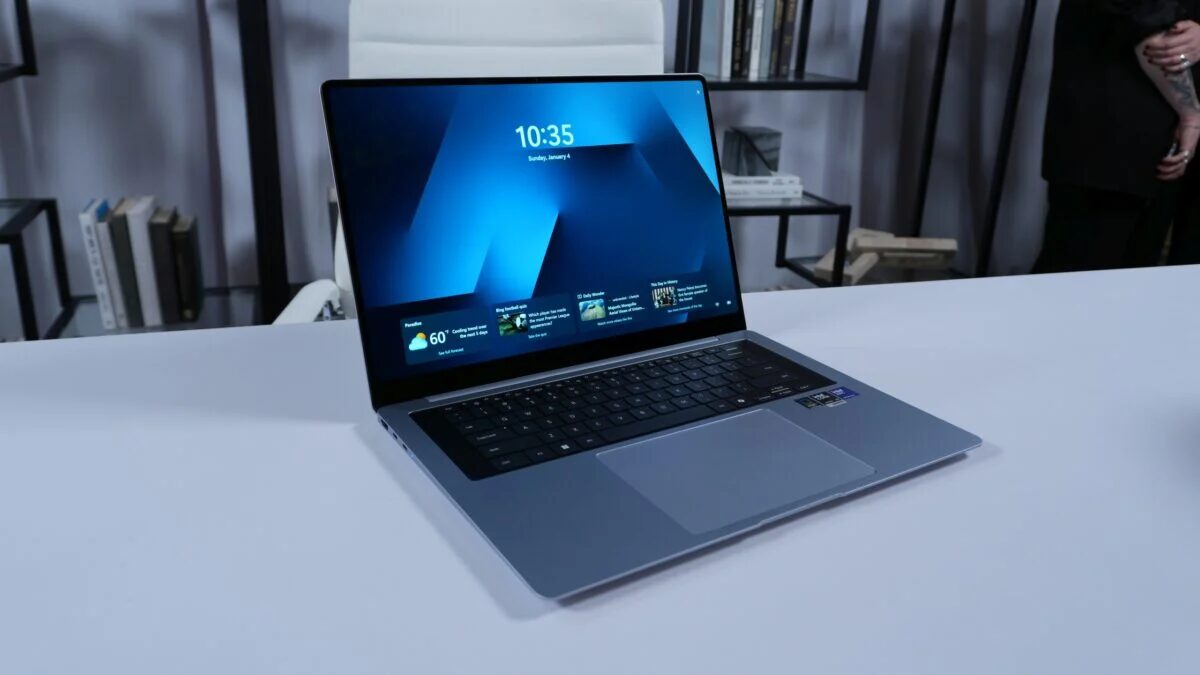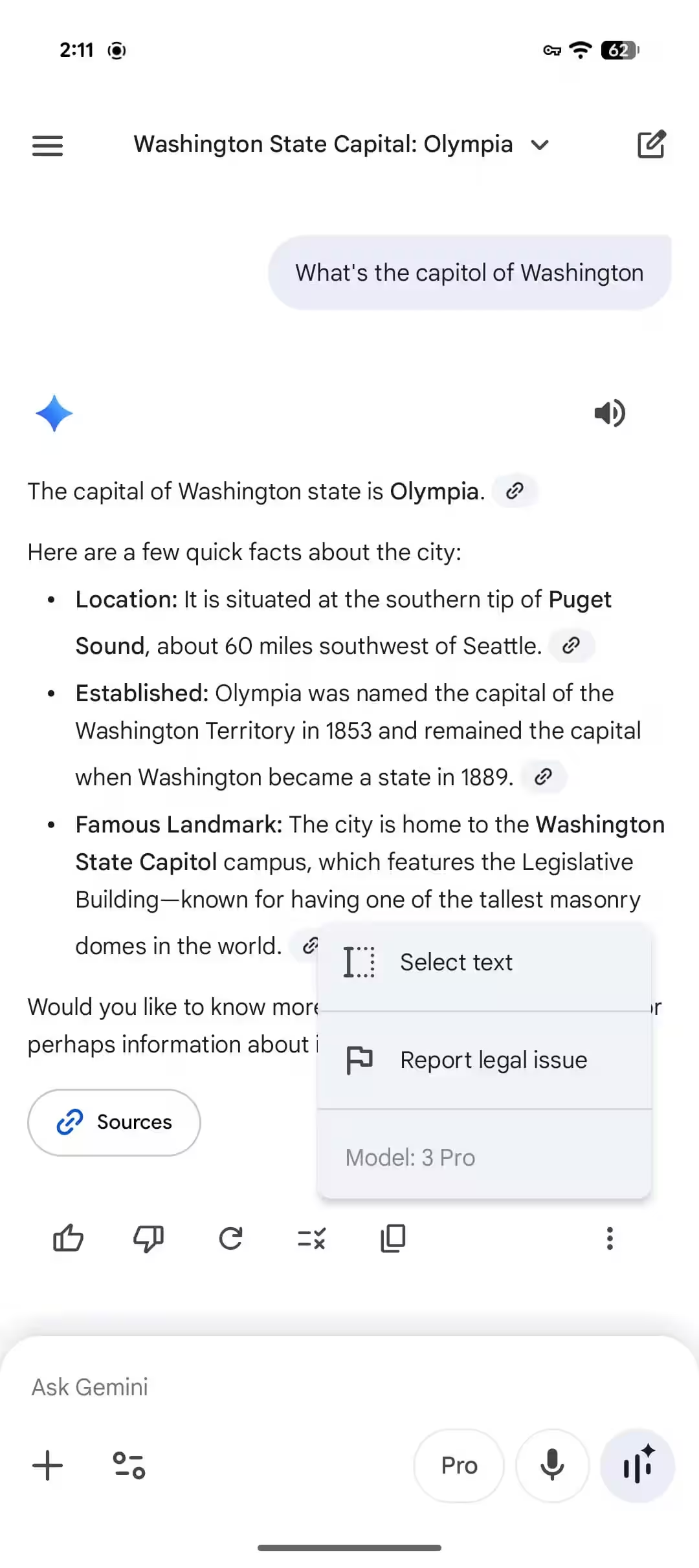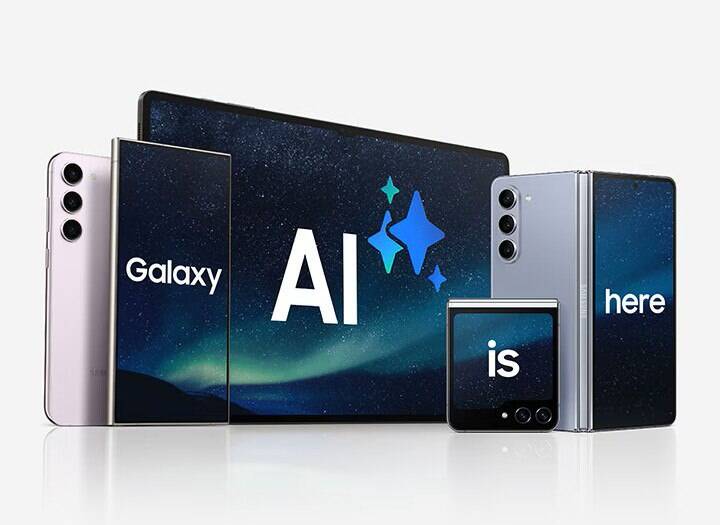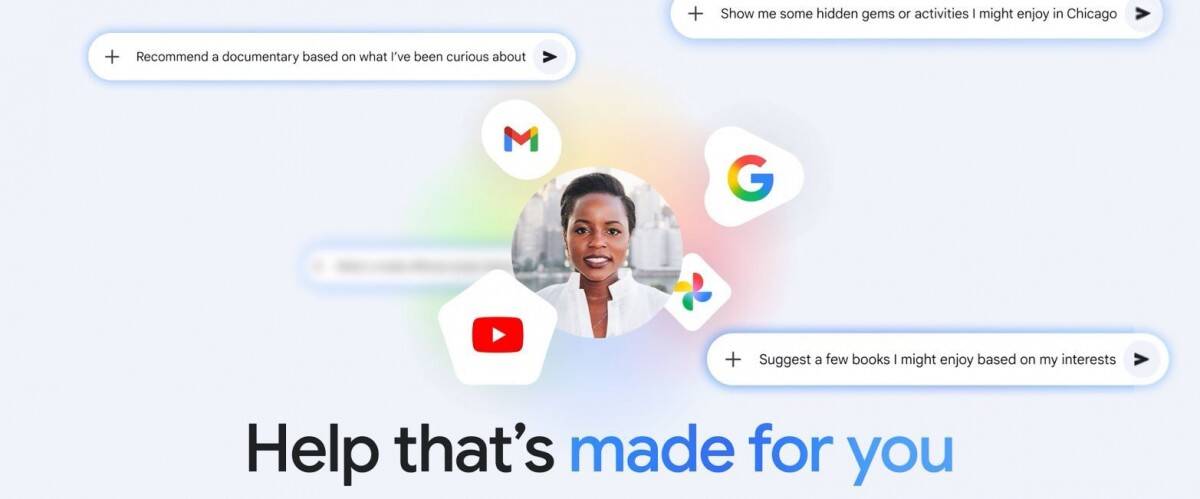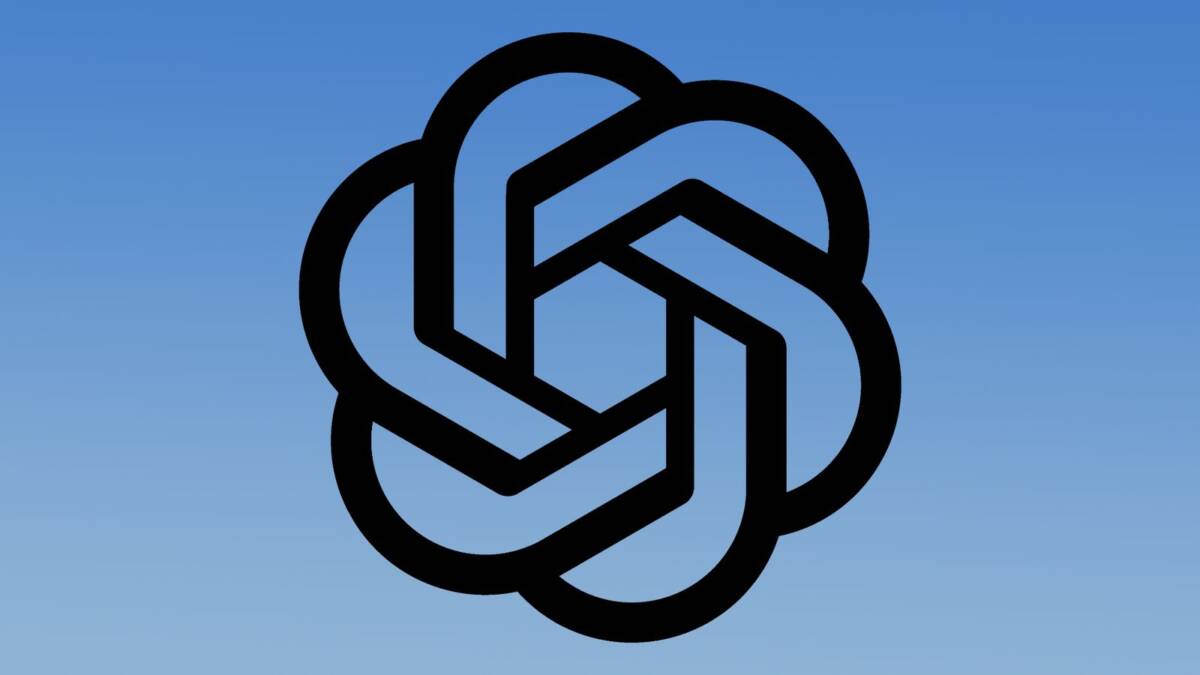OpenAI suspends access to Sora due to artist protest
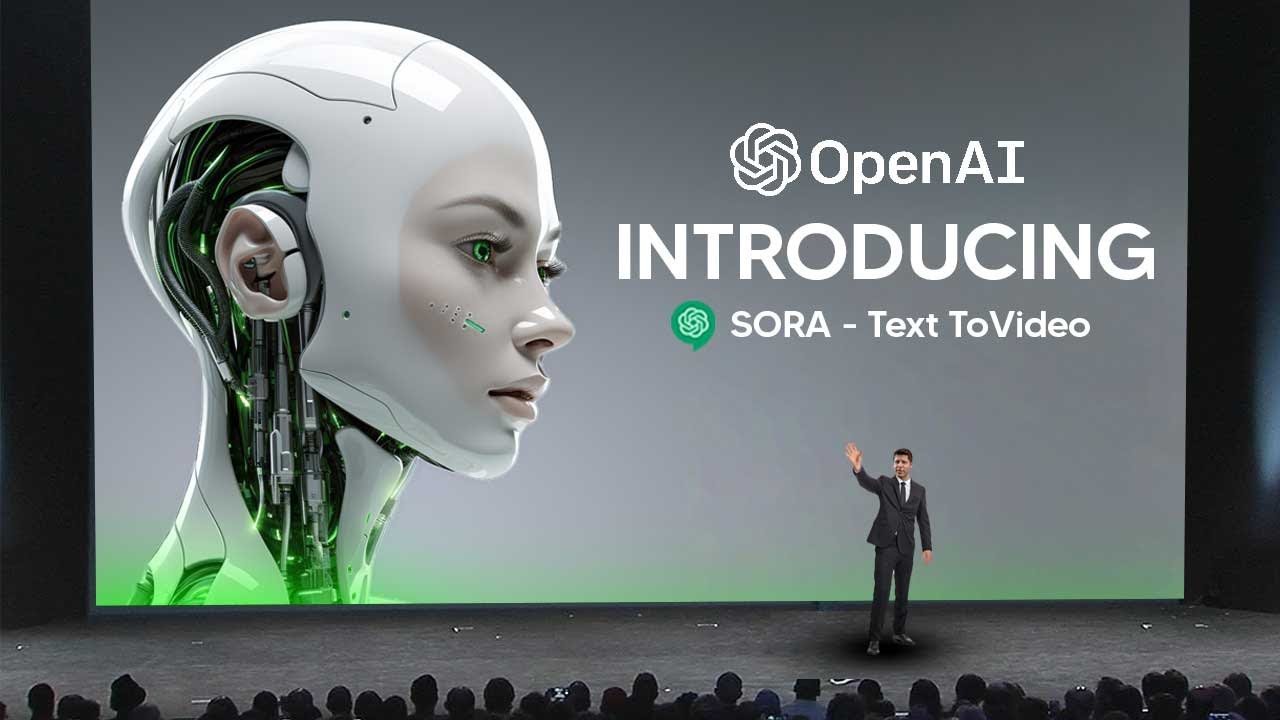
Earlier this year, OpenAI unveiled Sora, a text-based video generation model, showcasing complex scenes and dynamic camera movements. Despite the impressive presentation, the company has since kept the project in the shadows. However, OpenAI recently granted early access to Sora to a group of artists for testing, leading to an uproar after the tool was leaked to the public by a group of protesters.
Sora.
Reasons for the leak
A group of about 20 artists who gained access to Sora have accused OpenAI of using their work for «art-whoring». In a statement published on the Hugging Face platform, they said:
- Accusations of «PR»: The artists claim that their role was reduced to creating the illusion of Sora’s usefulness for creative projects, rather than actual testing.
- Lack of compensation: Program participants said OpenAI, valued at $150 billion, uses their labor for free.
- Control of content: All content created with Sora had to be approved by OpenAI, which protesters said limits creative freedom.
The artists released Sora to the public, saying the goal of the action was to allow everyone to test the tool and draw attention to the need for more support for the arts.
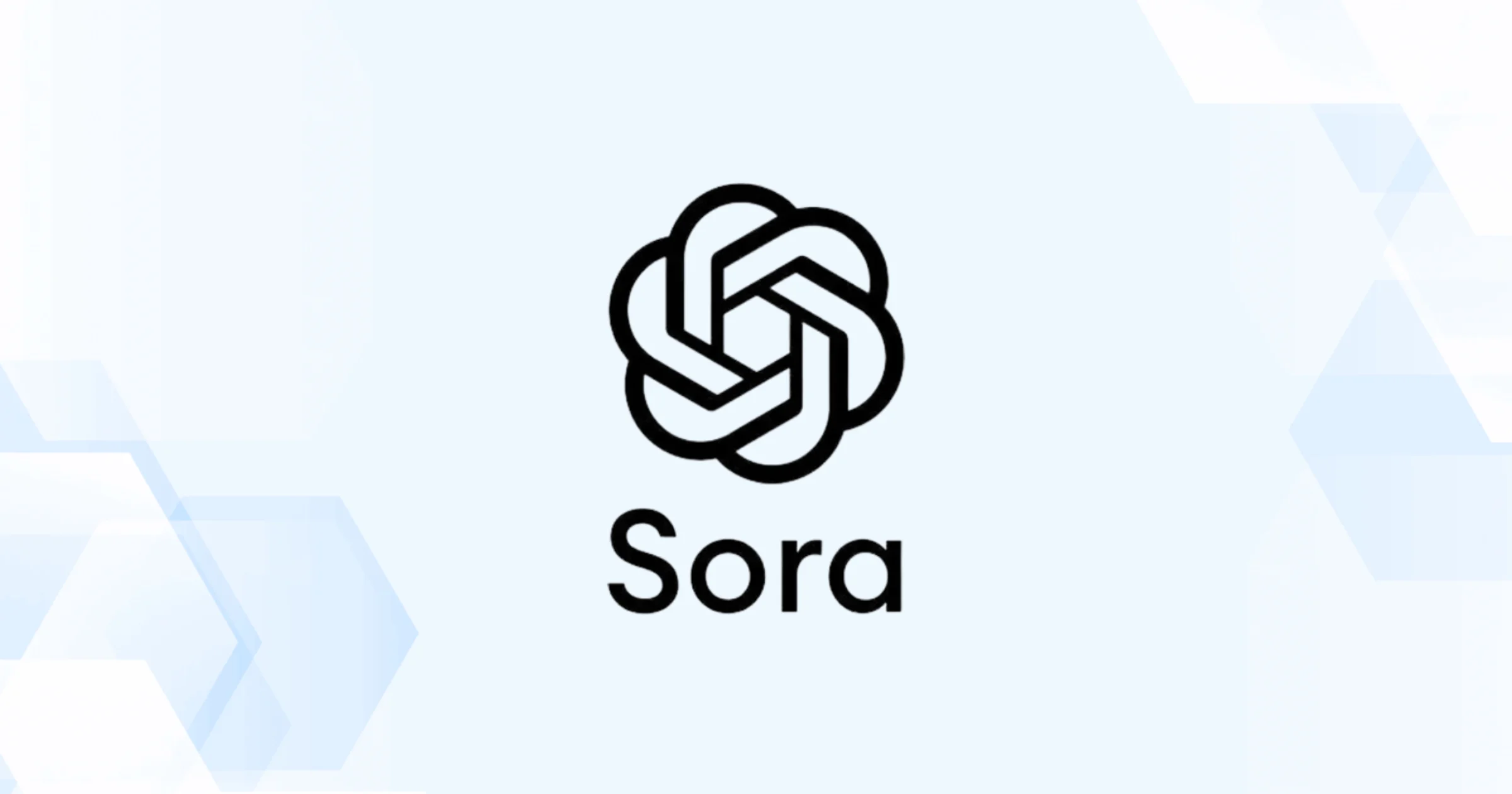
OpenAI’s response
OpenAI reacted quickly, suspending access to Sora just three hours after the leak. A spokesperson for the company, Nico Felix, noted:
- Artist contributions: Hundreds of participants in the alpha program helped in the development of Sora, including improving features and implementing safeguards.
- Voluntary participation: None of the participants are required to provide feedback or use the tool, and participation in the program remains optional.
.
André Allen Anjos, one of the program’s artists, also issued a statement indicating that the protesters’ position does not reflect the views of the majority of participants.
André Allen Anjos.
Model Training Problems
Sora has already been criticized because of its questionable use of data for training:
- In March, OpenAI CTO Mira Murati admitted that she could not confirm whether videos from YouTube or other platforms were used.
- In April, YouTube’s CEO warned OpenAI that using their content for training violated their terms of service.
Conclusions
This incident raises important questions about OpenAI’s interactions with the creative community, process transparency, and ethical practices in the development of AI tools. That said, despite the protests, Sora remains a promising project that is attracting the attention of artists and technology professionals alike.

